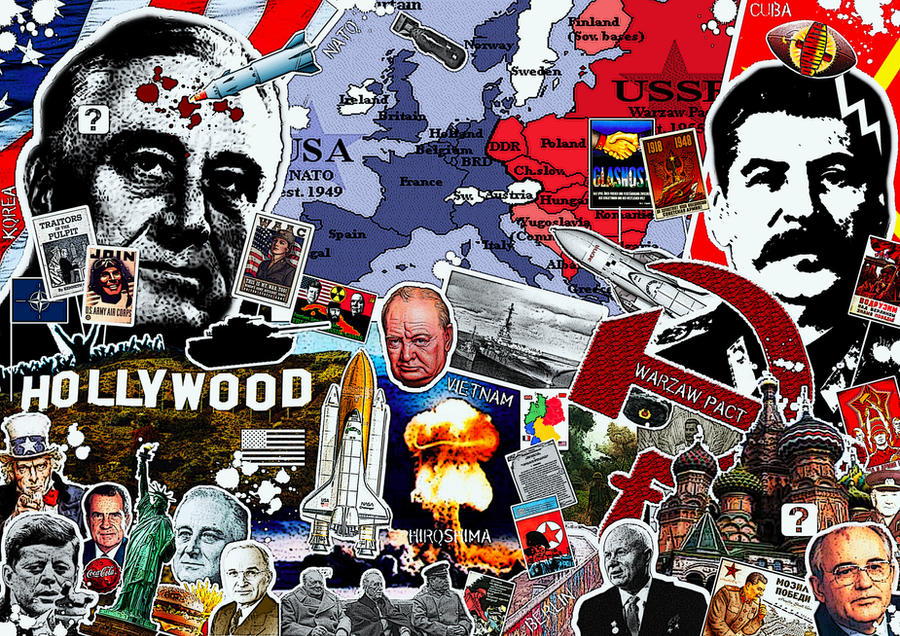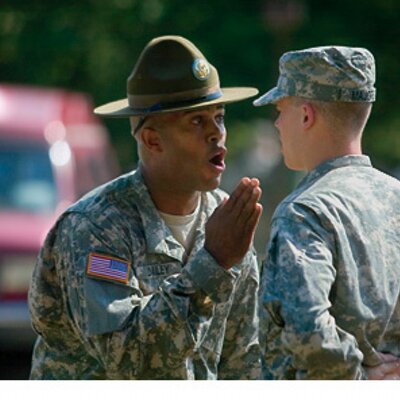Mikhail Khodorkovsky in Prison
In almost twenty years of service over more than forty years, I met some of the best people it has ever been my good fortune to meet, and some of the worst.
In the fall, I took a class in contemporary Russian
literature. One of the books we read was a memoir by the Russian billionaire
Mikhail Khodorkovsky titled “
My Fellow Prisoners.” The short book was a series
of sketches about men he met serving a ten-year sentence from 2003-2013.
Khodorkovsky was the first and richest billionaire that Vladimir Putin jailed as he
consolidated his power during his first term as President.
As soon as the discussion started, it was clear that neither
the professor nor the other students knew any Nazis. Certainly none of them had ever knowingly spent time with a Nazi.
Alexander, the 19-year-old Nazi in a Russian prison was “a
real-life Nazi—that’s to say a member of one of Russia’s numerous
National-Socialist groups. Alexander is
no fool; he got through his secondary school exams (in prison), is interested
in philosophy and politics, wants to teach later on.”
Khodorkovsky wants know why Alexander is a Nazi, “I’ve never
been able to understand how Nazism could be a phenomenon in a country where so
many people lost their lives fighting it.” They can talk and get along because
they have a common enemy in the guard and a common purpose in someday walking
out of prison.
Reading Khodorkovsky reminded me of a Nazi I served with. He
was my platoon sergeant in an Army Reserve tank company in the early 80s.
Within a few years he would be promoted to
Command Sergeant Major and be activated for Operation Desert Storm. Sergeant
First Class Michael Wittmann* was competent, thorough, took care of his men,
knew his equipment, and did not believe The Holocaust happened, or it wasn’t as
bad as the Jewish propaganda said it was.
He collected German memorabilia, had reworked an Wehrmacht
MG 42 machinegun to fire the
NATO ammo our tanks used, and some of the soldiers in the unit
said he had a picture of himself in dress uniform with a swastika.
For Mike, I was a good tank commander with active duty
experience. He got me promoted to staff sergeant and made me a section leader,
in charge of two tanks. We had a common enemy, the Soviet horde that was going
to invade Western Europe, and a common
mission to train for that fight.
Mike knew America defeated the Nazis, but he also knew that
defeating Japan was what got America into World War II. Defeating Germany, in
his view, was about protecting our allies England and France. He could
celebrate America’s victory in World War II and still admire Nazi
ideology. "America First" was active in America and supporting Nazis right up until the time America declared war on Germany.
With a similar selective perception, Alexander,
Khodorkovsky’s Nazi, could deny the horrors of The Holocaust that in some cases
happened on the soil of the Russia itself and many former Soviet states. He
knew the Russian armies defeated the invading German army, but Alexander could
still admire the invader’s ideology.
Mike enlisted during the Vietnam War. He knew that the
mostly teenage soldiers who defeated Hitler’s armies were not fighting for ideology,
they were fighting beside their buddies against the enemy in front of
them. Only civilians believe soldiers
fight for great causes.
In an irony I should have pursued further, Mike’s family and
neighbors may have known my Jewish father.
My Dad was the Commandant of the
Afrika Korps prison camp in Reading, Pennsylvania,
on what is now the Reading Airport. The six hundred prisoners were allowed to
work on local farms and paid ten cents a day by the farmers, many of whom were
German immigrants in the previous century.
The prisoners knew the camp Commandant was Jewish and a
former middleweight boxer. When one of their officers made a remark in German
about the new Commandant being a Jew, my father knocked him out.
My father grew
up speaking Yiddish at home so he could understand German. Mike would have
heard stories about the German POWs working on the farms during the war.
My father told me some of the prisoners
stayed in the United States after the war.
I met up with Mike early in 2016. He is retired and a big
supporter of Trump. We spoke a little
about the old days, but it was pretty clear we were not going to be friends. We no longer had a common purpose, and if we
were not openly enemies, we certainly represented what each of us thought was
killing America.
When we served together, I could look at Mike as I looked at
all racists, as dinosaurs. I just had to wait for them to go extinct. I was wrong about that. Nazis and white supremacists have come out in
the open with a champion in the White House.
In the 80s I saw the Nazi I served with as just another
racist in an Army that was dealing with integration better than the rest of the
country. I never imagined then that the racial divides of the 50s that were
getting better in the 80s would come roaring back in the 21st
Century.
------------




/https://public-media.smithsonianmag.com/filer/c4/de/c4de96fb-9044-400e-8271-56fda2455b59/jewish_refugees_aboard_the_ss_st_louis_in_cuba.jpg)













